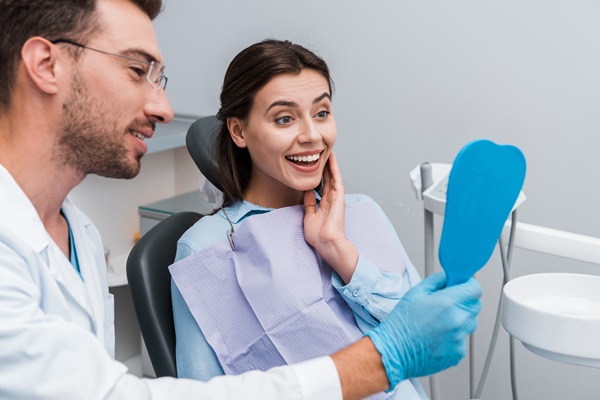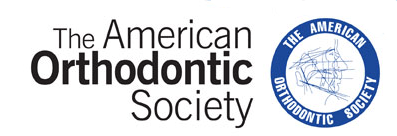General dentists offer orthodontic therapy to individuals who suffer from crooked teeth, crowding, gaps, and many other issues. Having crooked teeth is one of the most problematic issues that occurs in orthodontics, which is why there is such an urge to have treatment done.
Orthodontic therapy to make cleaning crooked teeth easier
Below is an overview of how orthodontic therapy from a general dentist can be beneficial to crooked teeth. Review this information when looking for additional reasons why orthodontic therapy might be a good idea.
The problem with crooked teeth
Crooked teeth are problematic for a number of reasons. First and foremost, sufferers will not likely want to show off their smiles in social situations or for photos. This can lead to a lack of confidence and low self-esteem. Aside from one's appearance, crooked teeth can also be detrimental to oral health. When there are hard-to-reach areas, food gets stuck in between the teeth and feeds bacteria. This bacteria can negatively impact the health of the teeth and the gums.
In addition to appearance and oral health, it can be incredibly difficult to properly clean the teeth when they are crooked, which also goes hand in hand with oral health. Cleaning the teeth properly and efficiently is often what determines how healthy the gums and teeth are. Because of these risks, it is crucial to undergo orthodontic therapy when the teeth are severely crooked. Keep reading to find out more.
What orthodontic therapy can do
Orthodontic therapy can significantly improve one's ability to clean their teeth in an effective manner. When the teeth are too crooked, there are certain areas that may be difficult to reach with a toothbrush or floss. Extra tight spaces or areas that are awkwardly created as a result of crooked teeth do not get the attention they need. This leads to a build-up of plaque, which can turn into tartar. Long-term tartar growth requires restorative work to improve the health of those teeth and the surrounding soft tissues.
After orthodontic treatment is complete, the general dentist will go over how to properly clean the teeth now that they are freshly straightened. Oral hygiene is especially important after treatment because the teeth are susceptible due to the constant shift that occurred. Brushing twice a day and flossing at least one are key components of a good oral hygiene routine. It is also recommended to rinse on a regular basis.
Talk to a general dentist about orthodontic therapy
When suffering from crooked teeth, the best thing to do is undergo a consult from a general dentist. The consultation will allow for questions and concerns to be addressed. Additionally, the teeth will be carefully evaluated to determine what type of treatment is most suitable for the crookedness.
To find out more about orthodontic therapy and what may be involved, reach out today. Our team can also get you scheduled for an appointment to kickstart the process.
Request an appointment here: https://dentisthouston4smile.com or call Smile Designers at (281) 947-0551 for an appointment in our Houston office.
Check out what others are saying about our dental services on Yelp: Orthodontics in Houston, TX.
Related Posts
Orthodontic Treatment Can Make Daily Hygiene More Effective
Orthodontic treatment refers to a number of procedures and treatments; however, when it comes to more effective oral hygiene, most dentists say that it can improve with the help of teeth straightening …
3 Oral Health Tips From A Children's Dentist
As a parent, it is your job to protect all aspects of your child’s health. A children’s dentist can help you establish good dental habits early on in life so your child …
A Restorative Dentist Can Save Teeth
Need a restorative dentist? Do you have an awkward smile? Have you been told by friends and family that your teeth need some attention? If so, don't worry! Many dentists can help. …
Aftercare for In Office Professional Dental Cleaning
An in-office professional dental cleaning is a crucial aspect of maintaining good oral health. While oral hygiene done at home is a great way to keep the teeth and gums healthy, it …






